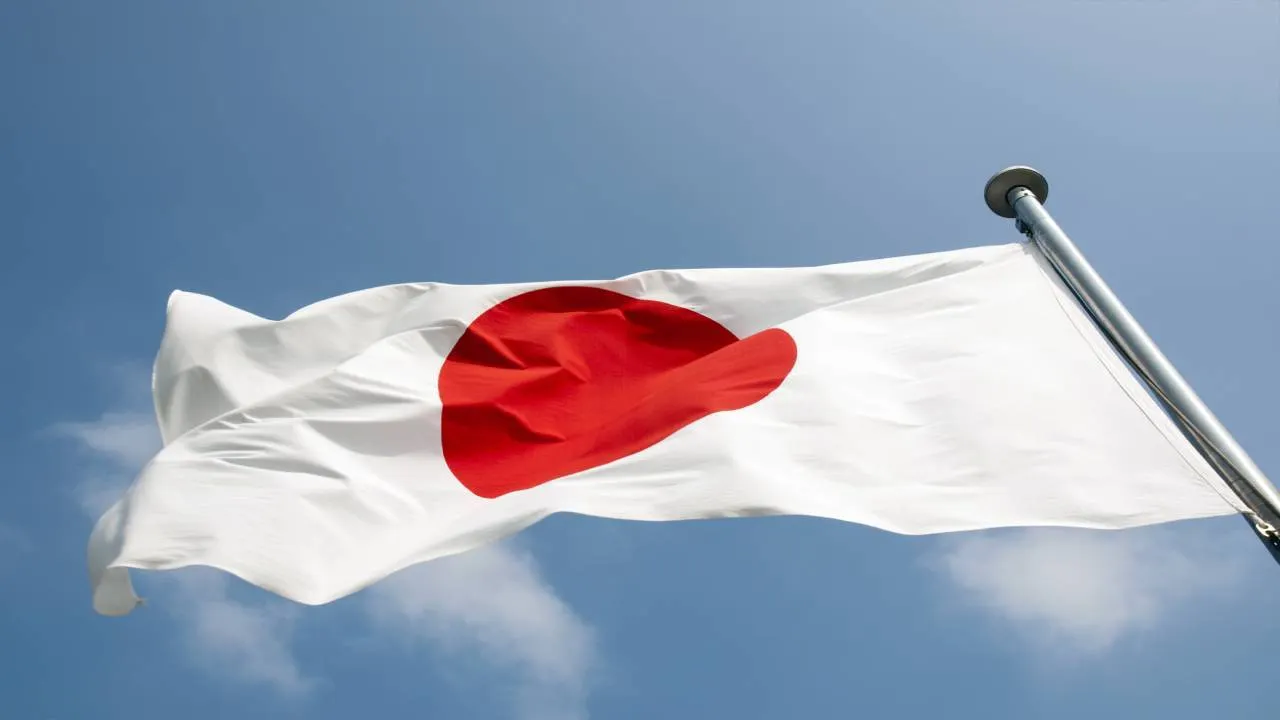Centralized crypto exchange Gate.io announced Monday its intentions to withdraw from the Japanese market, hinting at its efforts to comply with domestic regulations.
The exchange will cease accepting new account registrations from Japanese residents and begin a phased termination of services for existing users, it said in a statement.
“We strive to comply with financial regulations in all regions where we operate,” according to a rough Google translation. “Based on this commitment, we regret to inform you that we will be terminating our services for Japan.”
Gate.io ranks 49th in terms of trading volume among centralized cryptocurrency exchanges, according to data from CoinGecko. The exchange has clocked a 24-hour trading volume of approximately $2.34 billion.
The exchange did not immediately return a request for comment.
Gate.io will assist customers in transferring transactions to compliant Japanese crypto asset exchange operators and remove Japanese language support from their platform, it said.
The exchange also said it will announce further plans for service termination and transaction transfers in accordance with requests from Japanese financial authorities.
Japan's Financial Services Agency (FSA) has been progressively tightening its regulatory framework in recent years to bolster consumer protection and market integrity.
Significant amendments to the country’s Payment Services Act and the Financial Instruments and Exchange Act in 2020 redefined crypto assets and imposed stricter operational requirements on exchanges, including enhanced security measures and regular audits.
In 2021, the FSA finalized that oversight, introducing more rigorous licensing requirements and demanding comprehensive security measures and financial stability assessments for crypto exchanges.
This included mandatory segregation of customer funds from corporate assets and the introduction of stringent Anti-Money Laundering and Know Your Customer protocols aimed at detecting and reporting suspicious activities more effectively.
Stablecoins have also come under increased scrutiny. The FSA's regulations require stablecoin issuers to maintain reserves equivalent to the value of their issued tokens and conduct regular audits to ensure transparency and stability.
Regulation has spilled over to this year, where in February, Japan's government passed an economic reform bill permitting investment-limited partnerships to acquire and hold crypto assets.
Initially proposed in September 2023, the bill aimed to stimulate business creation and strategic investments through tax incentives and financial support, viewed as a softening of its stance on the asset class at the time.

